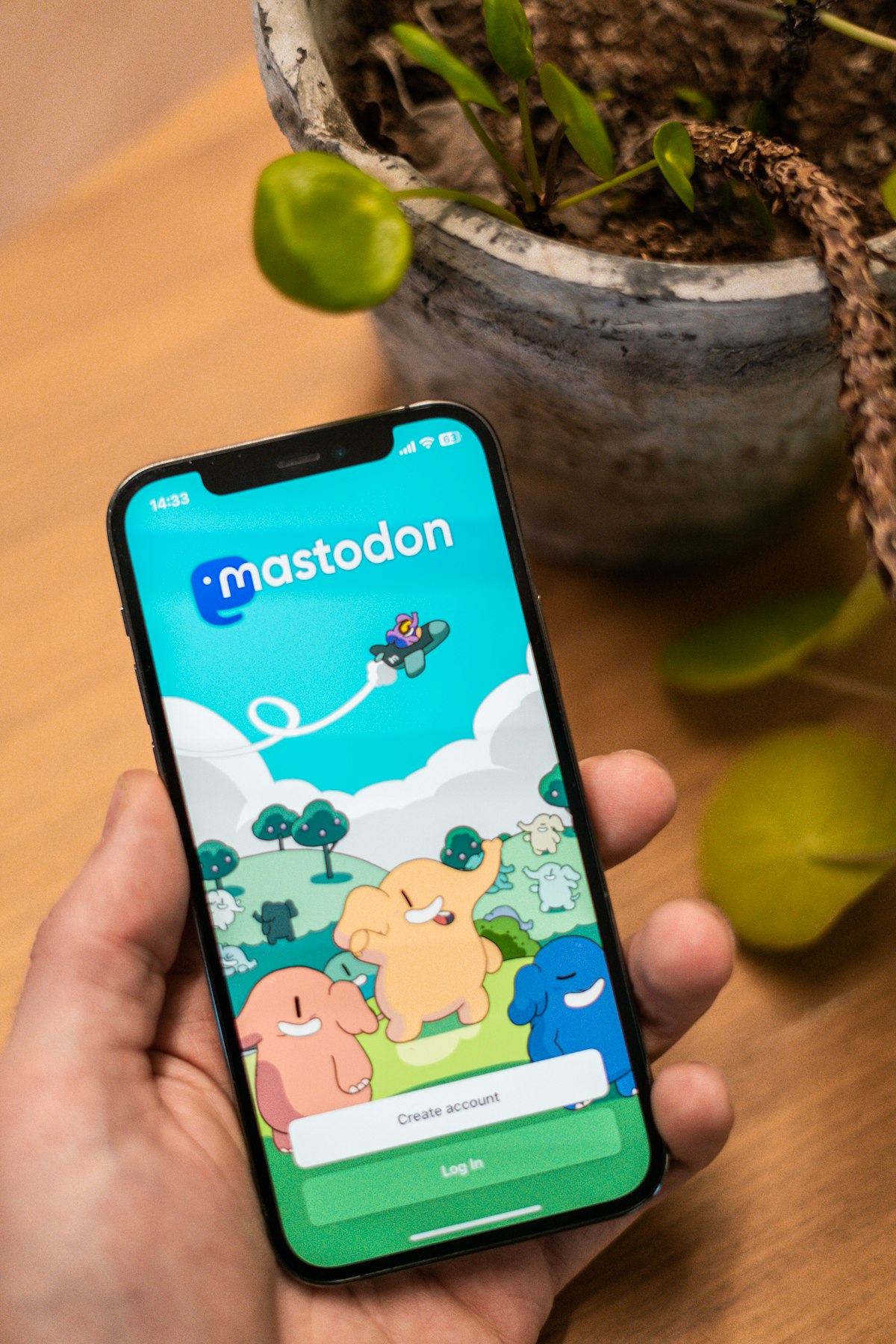The Fediverse, it has electrolytes!

The fediverse is a combination of "federation" and "universe." A very poorly chosen monicker, if you ask me, that will not help make the concept catch up for the general public. The core idea is that up to now, social media have been mostly centralized and led to various problems. From election interferences to teen depression, it's challenging to assess Facebook, Youtube, or Twitter as a net positive for our societies.
So the idea of the fediverse is basically to go in another direction to solve these woes. Let's create a decentralized global protocol that allows anyone to create a platform to recognize users with unique identities across servers, communicating through open protocols. It will be possible to share text and media and selectively disclose data about yourself. Each server or platform will edict its own rules and type of moderation (if any), and if you're not happy with it, you'll be able to move on to another one with your identity and content following you seamlessly.
Seems difficult to understand? I know. Still, imagine that instead of one unique Twitter poorly run by Elon Musk, you'd have hundreds of them that you could quit whenever you like to join another one with all your previous tweets and contacts. The promise is that because the fediverse is/would be decentralized, without a central authority dictating acceptable content, it should self-regulate and become a better online social ecosystem.
If you read about Mastodon, this is what we are talking about. No one runs Mastodon; it's an open protocol that anyone can use to create a Mastodon server and give rules to it (maybe politics is a forbidden topic, or you can only post something after enough current users vote you the right to do it).

And while proponents of the fediverse really want it to become a thing... I can cut to the chase: it's dead on arrival. The main reason is that the fediverse is a pure techno-centric solution created by libertarians that don't want to understand the problem with social media is not more technology– or different technology. The problem with social media is (drumroll) social.
Social media hasn't gotten more and more toxic because it's centralized or runs on proprietary software. It has become a global dumpster fire because anything goes on all the time, and there is no way to discriminate who has some legitimacy to say anything anymore.
The fediverse is the Brawndo of social media... it has 'decentralization.'
When your drunk uncle is saying blatantly stupid things about covid or the war in Ukraine during a family dinner, you're just half a dozen around the table, and everyone knows that your uncle is a moron. When the family dinner involves a billion plus people, and no one knows who's who while everyone is shouting on top of everyone else, the conversation immediately devolves to the worst possible outcomes. What a surprise (not).
Offering technical tools to decentralize and let the 'invisible hand' of the market self-regulate is a pretty dumb idea to start with. Check how the U.S. is currently doing after years of deregulating anything that moves. Life expectancy? Average income? Education and literacy? Women's rights? Do we need to check the statistics together? I didn't think so... But, hey, if you're in doubt and think that maybe it could be a good idea this time, go back to the last three years of bitcoin and decentralized currencies craze. How is it going?
At this point, it's probably OK to learn our lesson. Decentralization is not the cure we all wait for.
Some elements of a proper cure? Maybe having rules about who's who and how we should give credentials to one another. In that regard, the only ongoing positive experiment is Wikipedia. Is it perfect? No! But since its launch in 2001, it's been doing a darn hell of a job at being fair, on point, and a decent place to interact. And mostly, the reason is that you cannot post something too dumb, misleading, or hateful for too long. Wikipedia's participants acquire rights as they go and get social recognition for being who they are. Just like in real life with your friends and family or at work.
I'm, of course, very opinionated here. Still, for years it's been evident to me that social media's blatant problem (at least for us in the West) is that American technophiles designed it with a scant understanding of the most basic way society works. Not they wouldn't understand; they didn't see the point for them to make money. What they chose was to remove friction all around.
So no, more "anything goes" will not magically solve anything.
As the fediverse goes, the few of us that monitor such things will already have forgotten about it before the end of the year. It could be interesting that the lessons behind the current social media disaster become clearer for future attempts at reinventing the damn thing.
That is... if we really need or want social media.


